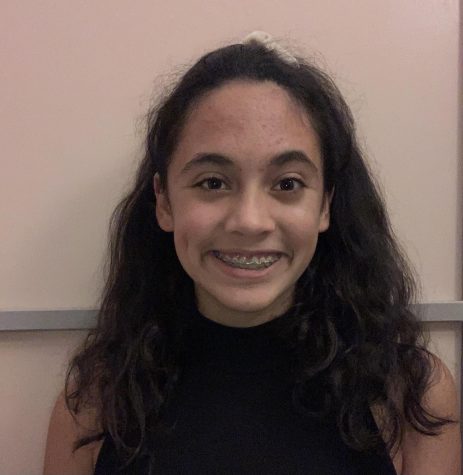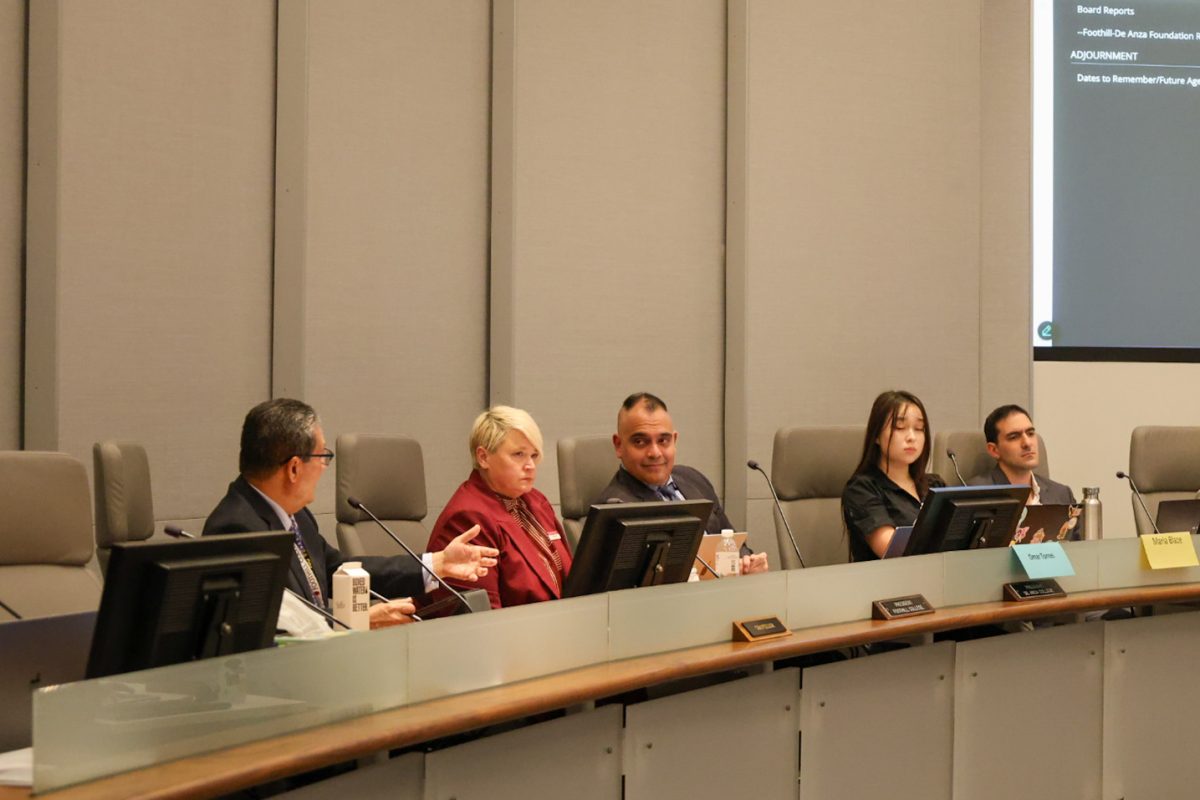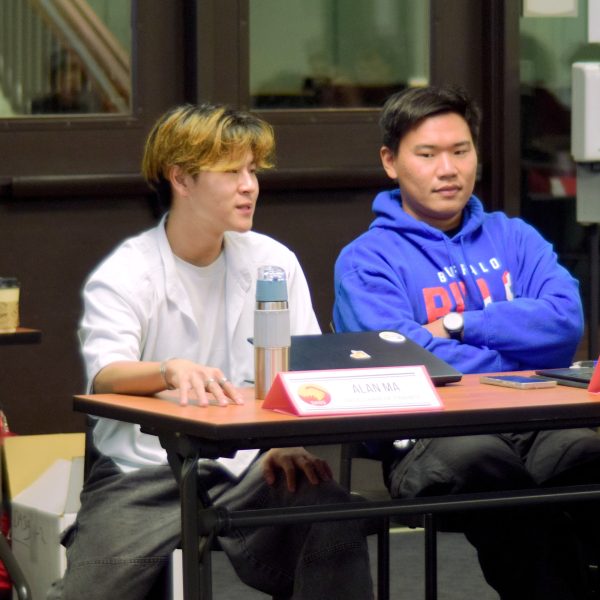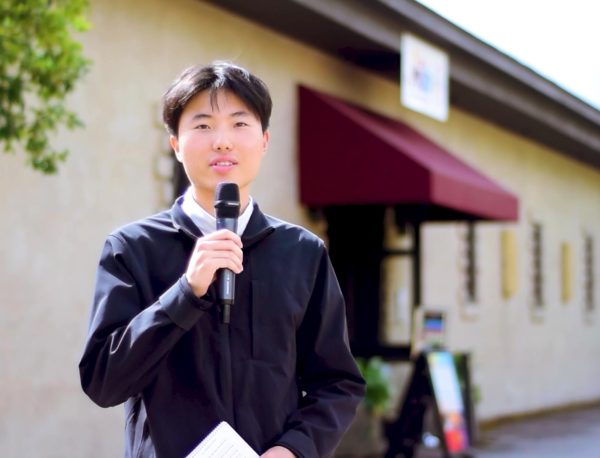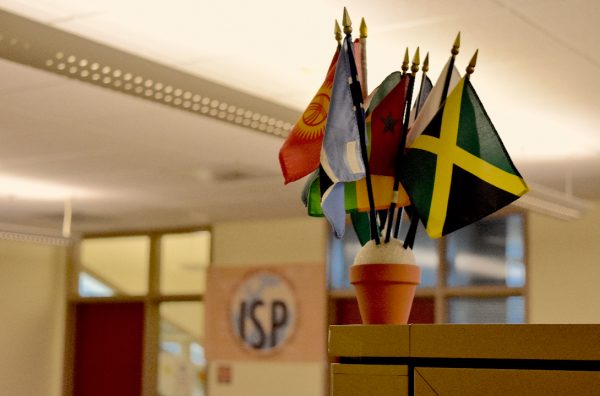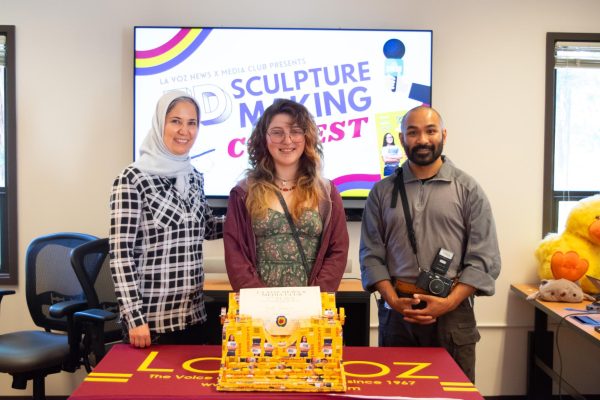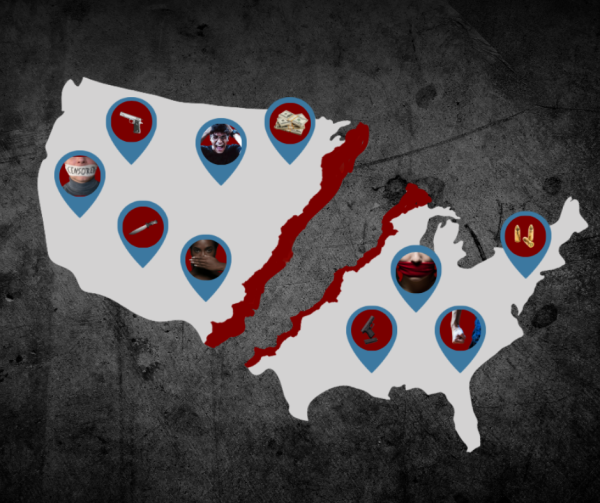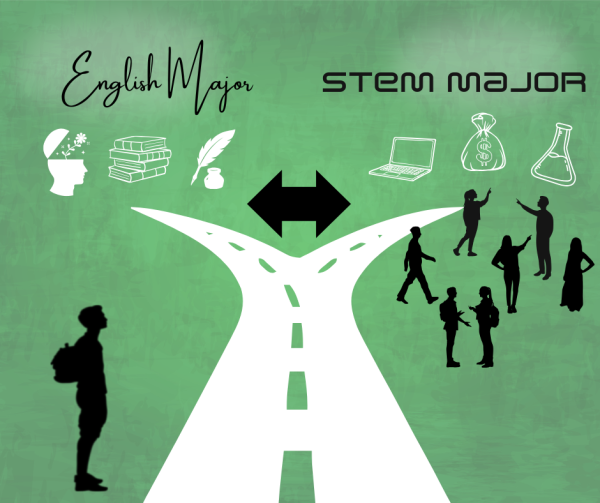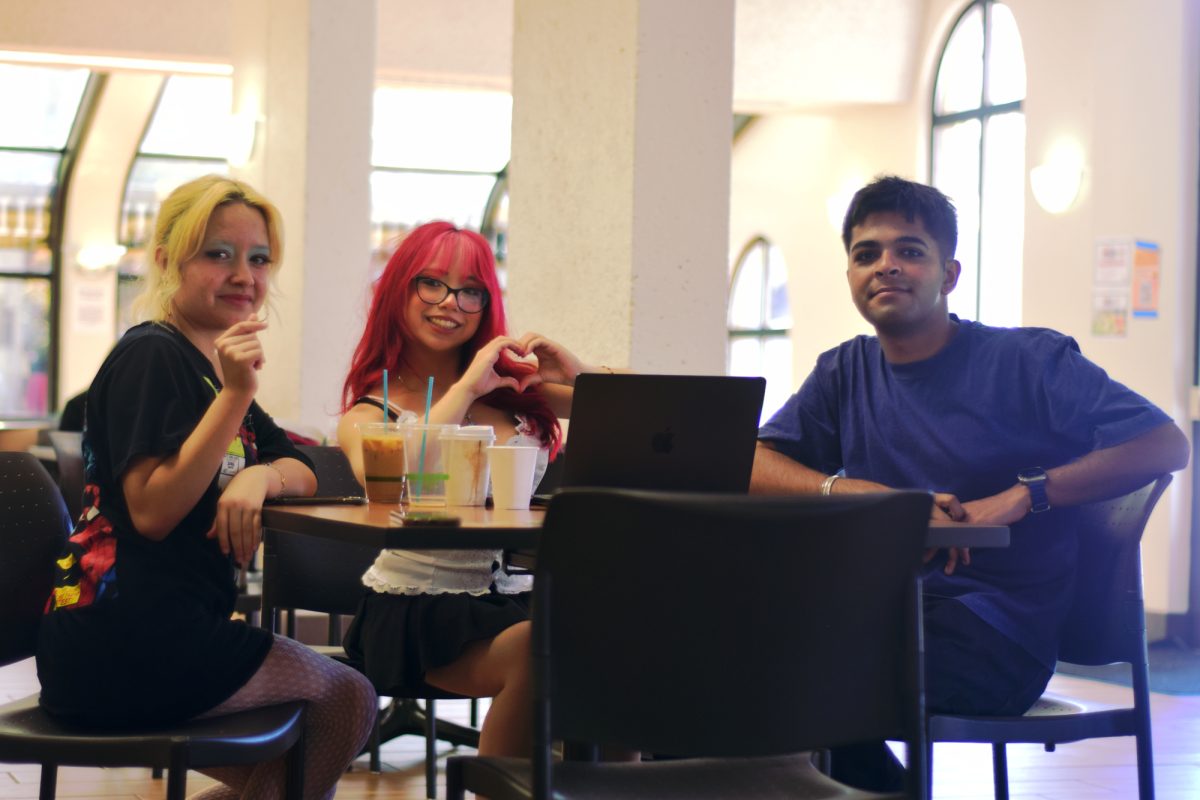Academic Senate broadens credit definition to include prior learning
De Anza College Academic Senate votes to broaden credit opportunities for students’ prior experiences.
December 3, 2020
The updated De Anza Academic Senate board policy for prior learning has been adapted in order to allow for students with other experiences outside of AP classes and exams to receive credit for their work.
The update will allow students to take less classes, or take classes they would previously not have had the time for.
The motion was passed with 15 votes for yes and two abstained votes, following the Foothill Academic Senate’s decision earlier to do the same.
Now the motion has to return to the Foothill senate, because of wording changes made by De Anza, and once approved, it will move to the district academic leadership, said Karen Chow.
The proposed change, in line with the Title IV update, is now changing that policy to credit for prior learning, which changes language from exam to learning, widening up the definition of what is required to get credit.
The policy will allow a wider range of students with less restrictions on where the examination was taken, or which agency administered it.
The change accounts for student experience, such as veterans that have had training in the military or students who have been in the workforce.
Students would be allowed to waive a class, giving them an easier time in college, said Randy Bryant, dean of CTE and workforce development.
“I think that it’ll open the door for us, allow us to have more articulation with the high schools, allowing for some alternate tests,” said Bryant.
This could allow a lot of students to come into De Anza with more credits, giving them more opportunities to take other classes.
“The approved board policy would read that credit may be earned by students who satisfactorily passed an assessment,”Chow said.
Chow said some of the new options include a score that qualifies for examination in the College Level Examination Program, and completion of an exam administered by the college.
Whichever courses students seek to take credit for must be in the college catalog, and the method of confirmation must be approved by the faculty.
“The biggest impact is the pathways for students to get into a program where they have some experience, and to lighten their load, to be able to get through the college experience without having to take as many classes,” Bryant said.
Although the policy would help many students with past work experience or physical skills, many students even with the current limited options for credit for prior learning don’t use them.
Bryant said, “We’ve had it for a very long time and very very few students took advantage of it. I’m not sure why.”




